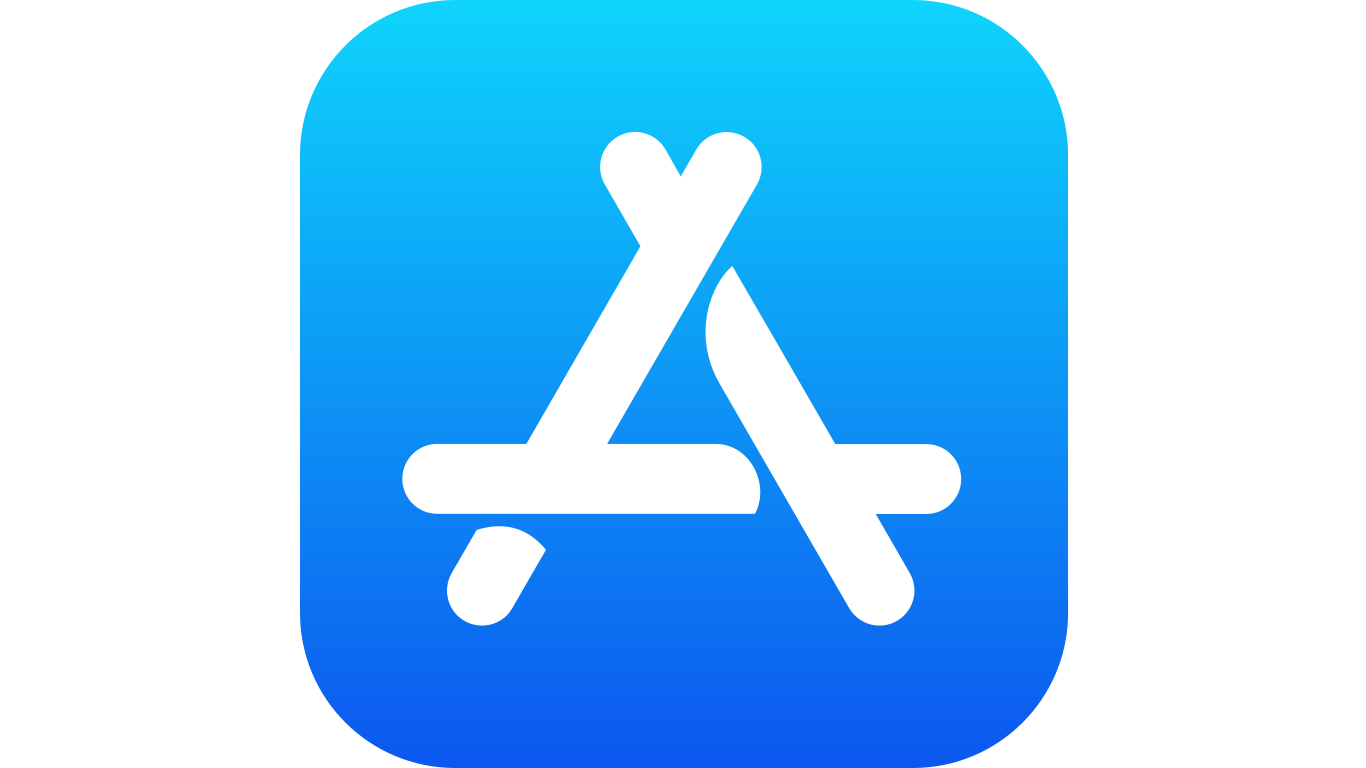
When a tech giant like Apple Inc. (NASDAQ: AAPL) runs afoul of politicians, the outcome is usually a large fine that barely gets the giant’s attention. Alphabet Inc. (NASDAQ: GOOGL), for instance, paid the European Commission (EC) more than $9 billion in fines over a three-year period for anticompetitive advertising practices in the European Union.
On Tuesday, the EC took aim at Apple, opening three investigations into its App Store business practices. Later in the day, U.S.-based software firm Basecamp complained about the same App Store practices that the EC is beginning to investigate.
[in-text-ad]
Two of the probes initiated by the EC were based on complaints from app developers. The first, filed in March of last year, came from Spotify Technology S.A. (NYSE: SPOT), the world’s largest music streaming service. The second probe will look into a similar complaint from an e-book/audiobook distributor that was later identified as Rakuten. The third probe will look at how app developers in general are treated when they create apps that compete with Apple’s own.
Apple Acting Like “Gangsters”
The Basecamp complaint may be somewhat more dramatic. On Tuesday, the company launched a new $99-a-year email program called Hey. The new app is available for both iOS and Android devices.
Basecamp’s chief technology officer, David Heinemeier Hansson, tweeted his reaction to being told what it had to do to maintain its App Store presence: “There is no chance in bloody hell that we’re going to pay Apple’s ransom. I will burn this house down myself, before I let gangsters like that spin it for spoils.”
Apple requires all apps in its App Store to offer an in-app purchase option if the app wants access to content purchased on another platform. Apple charges 30% of the purchase price as a fee for the App Store listing, but only on certain apps.
The Hey email app had already been accepted at the App Store, and it was only when the Basecamp tried to release a bug fix that the company was told that the app was not in compliance with the rule on in-app purchases and would be taken down. The gory details are available at the Protocol.
One final detail. Basecamp was founded in 1999 and has had only one investment round, according to Crunchbase. In 2006, the company raised an unspecified amount of capital from Bezos Expeditions. And yes, it’s that Bezos.
Apple Downplays App Store Fees
Coincidentally, perhaps, Apple released a study on Tuesday titled “How Large Is the Apple App Store Ecosystem?” The goal of the study, which Apple paid for, was to estimate total billings and sales “facilitated” by the App Store.
According to the study, the App Store ecosystem facilitated $519 billion in billings and sales last year, and more than 85% of that total “accrues solely to third parties.” That’s about $18 billion of the company’s reported services revenue last year of $46.3 billion, or nearly 39%.
Apple’s revenue growth in its services business rose by nearly 17% year over year in 2019, or about $6.6 billion.
Where Apple really gets under the skin of app developers like Spotify is with its policy requiring the developer to include in-app purchases for apps that compete with similar apps offered by Apple.
In the EC press release Tuesday announcing the commission’s investigations, Margrethe Vestager, the EC’s executive vice president, commented: “We need to ensure that Apple’s rules do not distort competition in markets where Apple is competing with other app developers, for example with its music streaming service Apple Music or with Apple Books.”
Does Apple Have a Defense?
Apple accepted the Hey email program for its App Store and did not balk until Basecamp tried to add a bug fix. At that point, Apple told the company that Hey had to be made available for purchase at the App Store (currently a customer can only purchase the app from Basecamp) or Hey would be removed.
The original decision to make Hey available at the App Store was an error, according to Apple. Basecamp’s Hansson isn’t buying that: “They’re under no market pressure to be competitive. This is Monopoly Squeezing 101.”
The EC investigations in anticompetitive behavior on Apple’s part is a much more potent threat to the company than is Basecamp’s challenge. A company spokesperson told The Verge: “It’s disappointing [that] the European Commission is advancing baseless complaints from a handful of companies who simply want a free ride, and don’t want to play by the same rules as everyone else.”
That’s hardly a compelling defense, but it’s a start. Apple can argue that without the gigantic ecosystem it has built up over the past dozen years, none of these app developers would be making a nickel. There is some truth to that. But forcing developers to use its own in-app purchasing system and then raking off a 30% cut is going to demand a better story than that.
As Basecamp’s Hansson put it: “[W]hy is it that credit card processing fees hover in the 1.8-2.8% range, while Apple’s App Store have sat steady at 30% on the high end? Because there’s no competition! And they have a monopoly grip!”
Thank you for reading! Have some feedback for us?
Contact the 24/7 Wall St. editorial team.



